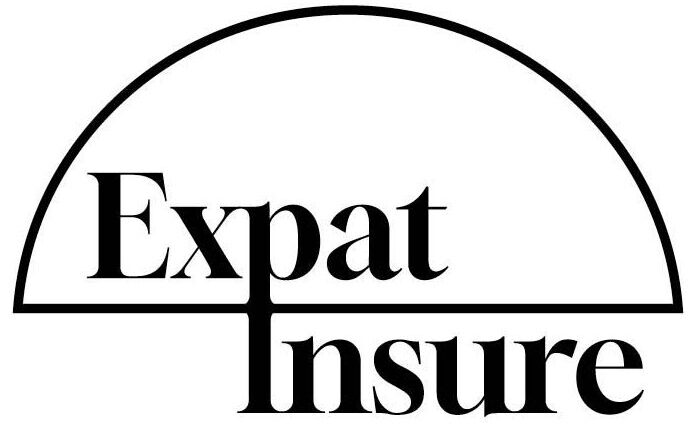The Future of International Private Medical Insurance for Expats
As the world becomes increasingly interconnected, healthcare is evolving to meet the needs of a globally mobile population. For expatriates, quality medical care is no longer just about access—it’s about flexibility, personalization, and proactive management. The future of healthcare for expats is being shaped by technological innovation, evolving insurance models, and a growing emphasis on preventive and personalized care. Understanding these trends will help expats navigate international healthcare systems effectively and maintain their well-being abroad.
Technological Innovations Transforming Healthcare
Technology is revolutionizing healthcare, making it more seamless, accessible, and personalized for expats. Here are just some aspects that have been changing over recent years:
- Telemedicine has emerged as a critical tool, allowing patients to consult doctors online from anywhere in the world. For expats in remote areas or regions with language barriers, telemedicine provides a bridge to culturally and linguistically appropriate care. Many platforms offer translation services or connect patients with doctors familiar with their home country’s medical practices.
- Wearable health devices—from smartwatches to advanced fitness trackers—enable expats to monitor key metrics such as heart rate, sleep, and physical activity. For those managing chronic conditions like diabetes or hypertension, wearable technology provides real-time insights without requiring frequent in-person visits.
- Artificial intelligence (AI) is enhancing diagnostics and treatment planning. Expats living in regions with strained healthcare systems can benefit from AI-driven tools that quickly analyze symptoms, suggest next steps, and connect patients with appropriate care providers. These technologies are making healthcare more accessible, efficient, and tailored to individual needs.
Flexible and Digital-First Insurance Models
Navigating healthcare abroad can be complex, with vast differences in cost, regulations, and availability between countries. In response, insurance providers are creating flexible international health insurance plans designed specifically for expats. These plans cover emergency care, routine check-ups, chronic condition management, and even repatriation if necessary.
Some countries, like the United Arab Emirates, require employers to provide health insurance for expats, while others, such as Singapore, allow a mix of employer-provided and private coverage. Digital health insurance platforms are also simplifying the experience: expats can compare policies, submit claims, and track reimbursements through user-friendly apps, reducing the stress of navigating unfamiliar systems.
Looking ahead, modular insurance plans and global health networks are expected to grow. Expats may soon have the option to select coverage à la carte—tailoring their plans to include only what they need, while enjoying continuity of care across countries. Blockchain and secure digital records may also streamline claims and protect sensitive medical information globally.
Preventive and Personalized Care
Healthcare is shifting from reactive treatment to proactive wellness. Preventive measures, such as vaccinations, regular screenings, and wellness programs, are particularly valuable for expats who face new environmental exposures, dietary changes, or local health risks.
Personalized medicine is also on the rise. By analyzing genetic data and individual health profiles, doctors can develop tailored treatment plans. For example, an expat undergoing cancer treatment may receive therapies designed for their genetic makeup, reducing side effects and improving outcomes. International healthcare providers are increasingly offering concierge-style services to support expats with these personalized options.
Navigating Healthcare Systems Abroad
Healthcare systems vary widely, presenting challenges for expats. Universal systems like those in the UK or Spain offer coverage at minimal cost but may involve long waiting times. Private-dominated systems, such as in the U.S., require careful planning to avoid high out-of-pocket expenses. Mixed systems, like Australia, often combine public and private options.
Expats should research local regulations, enroll in mandatory schemes where required, and identify preferred hospitals or clinics before urgent care is needed. Staying informed about changes in policies and healthcare infrastructure ensures that expats can make timely, effective decisions about their care.
Mental Health and Holistic Well-Being
Living abroad presents emotional challenges that are often overlooked. Stress, anxiety, and cultural adjustment issues can affect overall health. Fortunately, mental health services are increasingly accessible worldwide. Teletherapy enables expats to connect with licensed therapists in their language or familiar with their cultural background.
Employers are also prioritizing mental health through Employee Assistance Programs (EAPs) that provide counseling, stress management resources, and resilience training. By integrating mental well-being into daily life, expats can thrive both personally and professionally.
Preparing for the Future
The future of healthcare for expats will be defined by technology, flexibility, personalization, and proactive wellness. From AI diagnostics to telemedicine, modular insurance plans, and preventive care, expats have unprecedented tools to manage their health abroad. By staying informed, planning ahead, and leveraging these innovations, expatriates can navigate healthcare systems with confidence, ensuring their well-being in an ever-changing global landscape.


